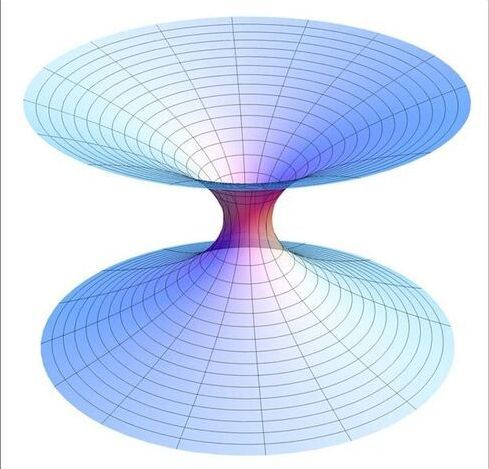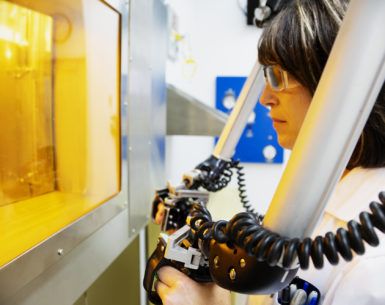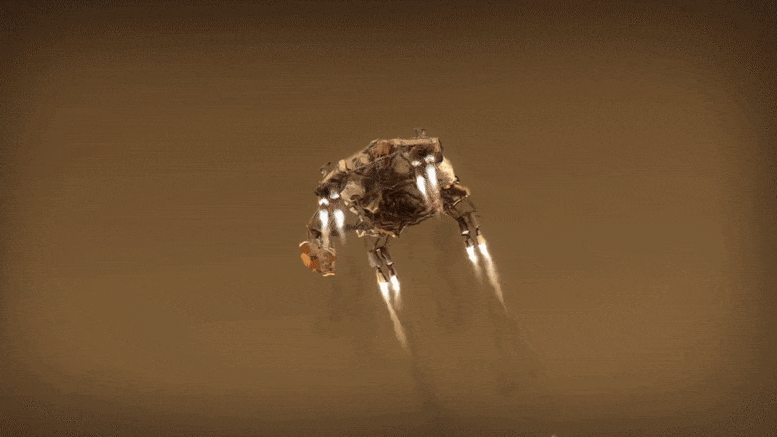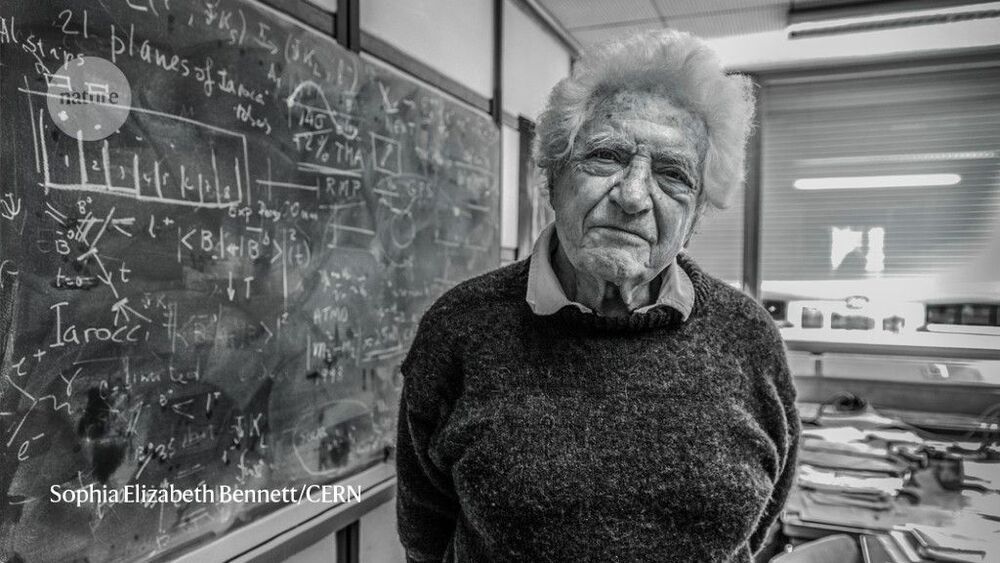Circa 2013
Is there a connection between quantum mechanics and Einstein’s general theory of relativity?

The Korea Superconducting Tokamak Advanced Research(KSTAR), a superconducting fusion device also known as the Korean artificial sun, set the new world record as it succeeded in maintaining the high temperature plasma for 20 seconds with an ion temperature over 100 million degrees.

A team of researchers affiliated with several institutions in the U.K. and one in Saudi Arabia has developed a way to produce jet fuel using carbon dioxide as a main ingredient. In their paper published in the journal Nature Communications, the group describes their process and its efficiency.
As scientists continue to look for ways to reduce the amount of carbon dioxide emitted into the atmosphere, they have increasingly focused on certain business sectors. One of those sectors is the aviation industry, which accounts for approximately 12% of transportation-related carbon dioxide emissions. Curbing carbon emissions in the aviation industry has proved to be challenging due to the difficulty of fitting heavy batteries inside of aircraft. In this new effort, the researchers have developed a chemical process that can be used to produce carbon-neutral jet fuel.
The researchers used a process called the organic combustion method to convert carbon dioxide in the air into jet fuel and other products. It involved using an iron catalyst (with added potassium and manganese) along with hydrogen, citric acid and carbon dioxide heated to 350 degrees C. The process forced the carbon atoms apart from the oxygen atoms in CO2 molecules, which then bonded with hydrogen atoms, producing the kind of hydrocarbon molecules that comprise liquid jet fuel. The process also resulted in the creation of water molecules and other products.

Peterborough, ON — Ontario Power Generation (OPG), its subsidiary Laurentis Energy Partners (Laurentis), BWXT ITG Canada Inc. and its affiliates (BWXT) are making significant progress toward the production of molybdenum-99 (Mo-99) at OPG’s Darlington Nuclear Generating Station. Mo-99 is a much-needed medical isotope used in over 40 million procedures a year to detect cancers and diagnose various medical conditions.
Over the past 24 months, a team of more than 100 personnel at BWXT and Laurentis designed specialized tooling at BWXT’s facility in Peterborough to enable the production of Mo-99 at Darlington. The manufacturing of this specialized tooling is currently underway at the same BWXT facility in Peterborough.
BWXT has also built a fabrication facility at its current location in Peterborough to produce Mo-99 components that will be delivered by the specialized tooling, which will be installed at Darlington. The tooling will deliver the molybdenum into the Darlington reactor for irradiation, which will enable Darlington to become the first commercial operating nuclear reactor to produce Mo-99.
“This advanced equipment is an example of how Laurentis is maximizing decades of experience within the nuclear industry for the delivery of innovative solutions,” said Dominique Minière, President of Laurentis Energy Partners. “These milestones represent a considerable step forward in the implementation of this industry-leading technology.”

😃
Is there a slight possibility that advanced alien civilizations may have already found us without us even noticing?
According to experts, intelligent alien beings may be quietly watching over humankind in a kind of ‘galactic Zoo.’
Scientists say that despite us still not finding evidence that aliens exist, it doesn’t mean that aliens haven’t found us.

Poor sleep and other issues with circadian rhythm are common for people with Alzheimer’s disease. Now researchers may have a clue to why.
“If your circadian clock is not quite right for years and years—you routinely suffer from disrupted sleep at night and napping during the day—the cumulative effect of chronic dysregulation could influence inflammatory pathways such that you accumulate more amyloid plaques,” says Erik Musiek. (Credit: Getty Images)
Fractured sleep, daytime sleepiness, and other signs of disturbance in one’s circadian rhythm are common complaints of people with Alzheimer’s disease, and the problems only get worse as the disease progresses.

After nearly 300 million miles (470 million km), NASA ’s Perseverance rover completes its journey to Mars on February 18, 2021. But, to reach the surface of the Red Planet, it has to survive the harrowing final phase known as Entry, Descent, and Landing.
The mission uses technological innovations already demonstrated successfully, especially for entry, descent, and landing (EDL). Like NASA’s Curiosity rover (, the Mars 2020 spacecraft uses a guided entry, descent, and landing system. The landing system on Mars 2020 mission includes a parachute, descent vehicle, and an approach called a “skycrane maneuver” for lowering the rover on a tether to the surface during the final seconds before landing.


In October, NASA announced the first selection of a scientist to conduct research aboard a commercial spaceflight mission. I am that scientist, and I will be flying aboard Virgin Galactic’s Spaceship 2.
On that flight, which will reach altitudes over 300, 000 feet, I’ll be conducting experiments to further both astronomy and space life sciences.
This is a game-changing move by NASA. Why? Because it represents a normalizing of research in space to be more like other research disciplines, such as field geology, oceanography and volcanology, where researchers do their work themselves in the field, rather than designing, building and testing robots to go in their stead. The end result of this important evolution will be beneficial in many ways.
